How Does Wi-Fi Work and How Do I Get It for My RV?
Have you ever felt like RV Wi-Fi should be added to Maslow’s Hierarchy of needs? If so, then you must read this!

Do you ever think about how things work? Can you imagine that we talk on a cell phone to someone a thousand miles away, and somehow we just accept it? But how? This kind of stuff just blows my mind. Wi-Fi is kind of the same way. Are you kidding, I can pick up a contraption (cell phone), type in a request, and somehow the answer appears. This seems like some kind of witchcraft. I mean if someone would have told you back in the 1940s that we would be communicating wirelessly the way we do, they would probably have lined you up on the firing squad, but yet today we do it without a second thought.
What is Wi-Fi
As RVers, we need our Wi-Fi, so we should at least understand it. So here is what Wi-Fi is to a certain extent. Wi-Fi is a network using radio waves to communicate. Your computer or device has a component in it called a wireless adaptor. This wireless adaptor converts data (data=information that you type in) into a radio signal. This radio signal is received by a router that is programmed to understand the radio signal. Now that the router has the information in the form of a radio signal, it then converts the radio signal back to information, and then sends the request using a wired Ethernet connection to the almighty internet. Then, the internet sends the information that you requested back to the router. The router does everything in reverse, and converts the information back to a radio signal and sends it to the computer’s wireless adaptor. The wireless adaptor then converts the radio signal back to information, which is what you see as the response to your request.
This all happens so fast that it is unimaginable to think of what actually just happened. So this process is a two way street; there is the power to send the request, and the power to receive the response back. This is the part that can get a bit sketchy for RVers. I mean if the RV Park is going to claim FREE Wi-Fi, then certainly I should just be able to connect with no problems, right? Wrong!
So where does the problem exist? There are a few problem areas when it comes to RV Park’s Wi-Fi. One problem lies with the RV Park, and one issue lies squarely on you. So what is the problem with the park? Usually the problem at the park is about bandwidth.
RV Park Bandwidth
Bandwidth is the amount of availability to the internet that the RV Park has the capacity for. If the internet was a pie, and the pie was big enough for 8 people to have a nice slice, and there were 8 RVers in the park, then everything is fine. What if there are 15 people in the park? You get the point here; if the park wanted to spend the money to have enough pie for everyone then they could certainly create that type of network. My experience is that parks have realized the importance of good Wi-Fi and are providing good coverage, but there are some parks that it doesn’t matter what you do, there is just not enough pie (bandwidth).
So, let’s assume the park has done their part. There is still a problem, and that is the wimpy Wi-Fi adaptor in your device. A wireless wifi adaptor is not designed to connect with a signal that is a half mile away or farther. The standard Wi-Fi adaptor is designed to connect to a signal within a short distance, like within the same house or RV. So, having an expectation to connect to the parks Wi-Fi if you are several hundred yards away is not going to happen.
You can resolve this issue with a Wi-Fi booster. These devices are not that expensive and can drastically improve your Wi-Fi experience.


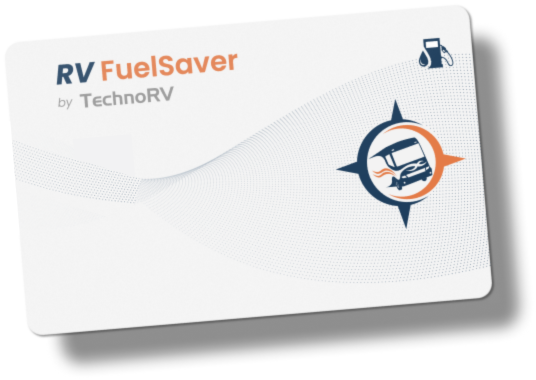
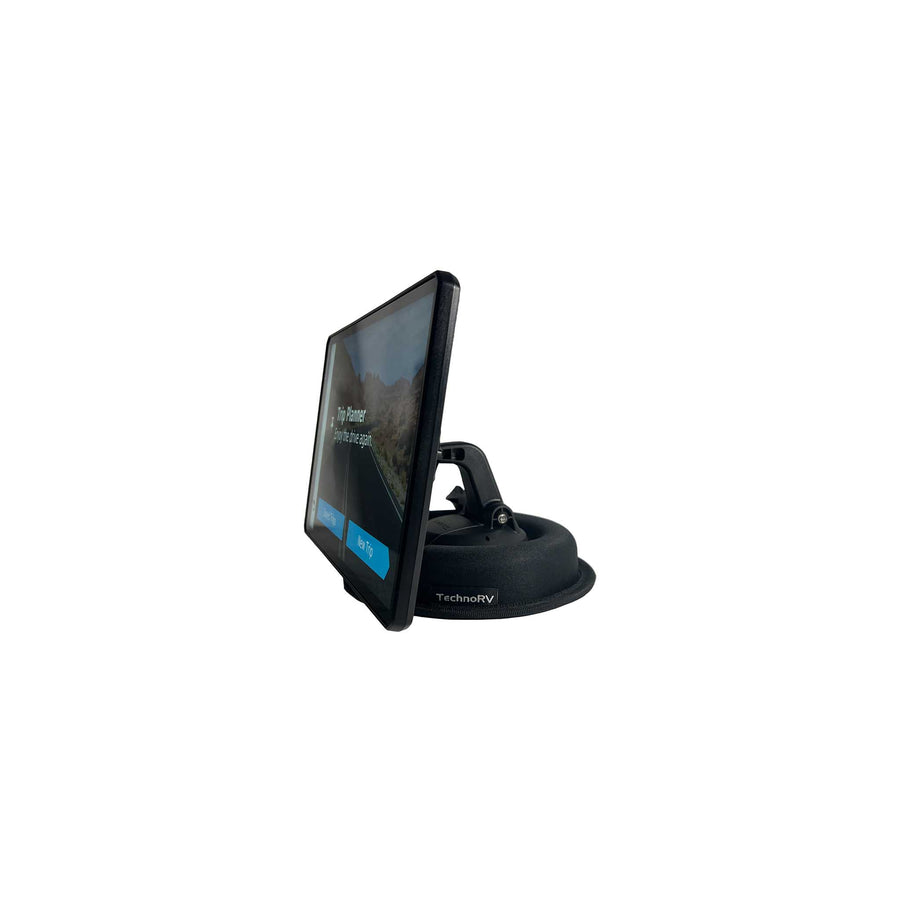
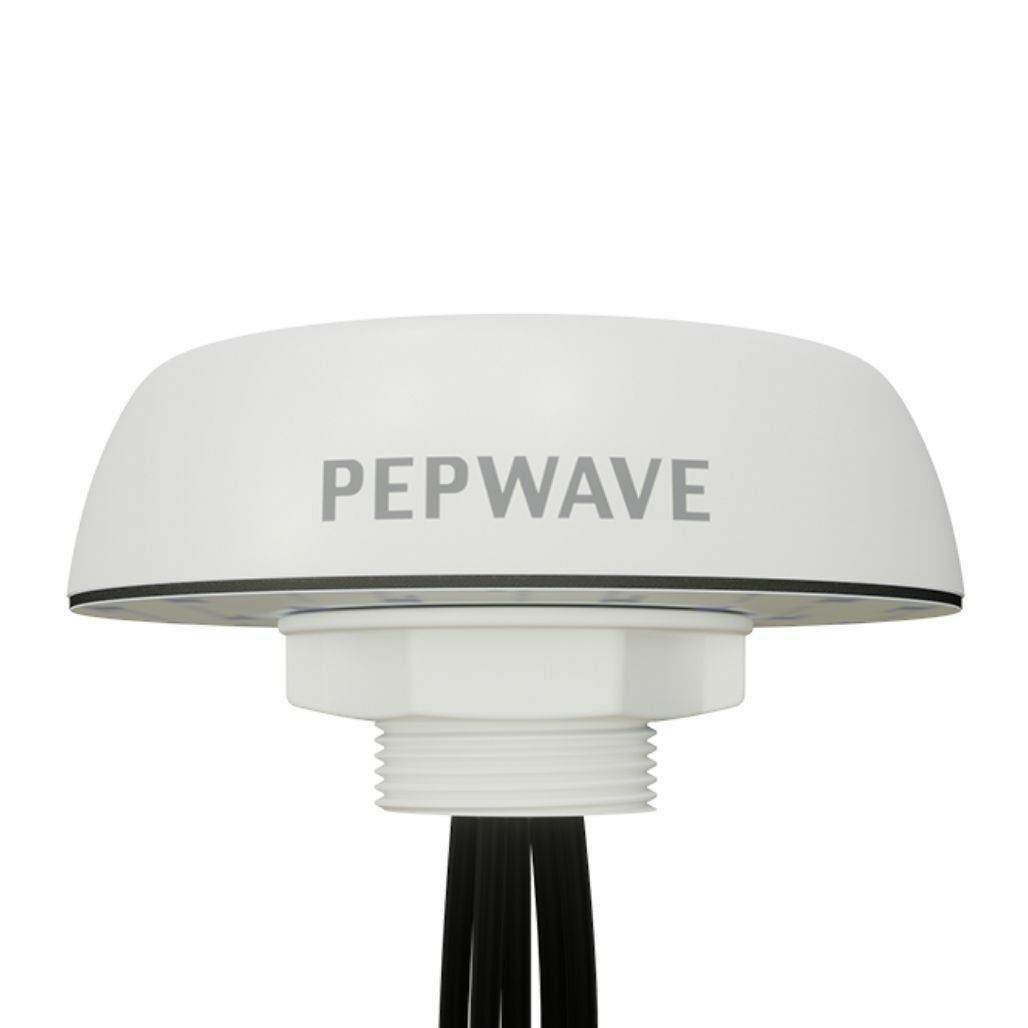






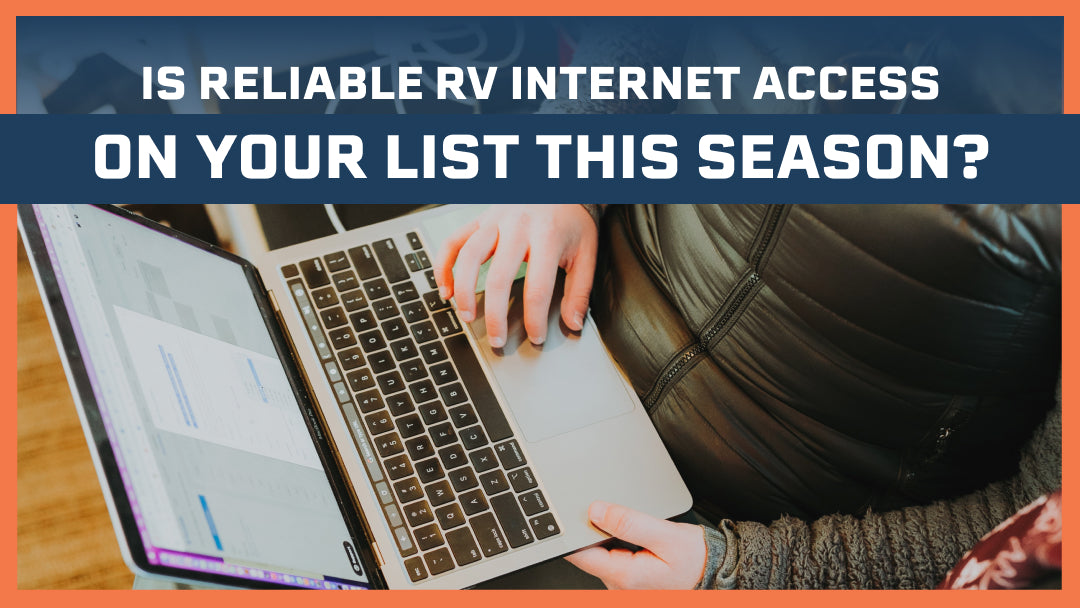
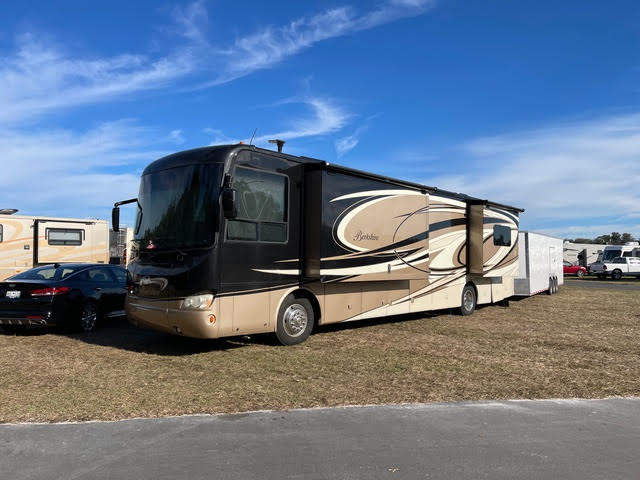
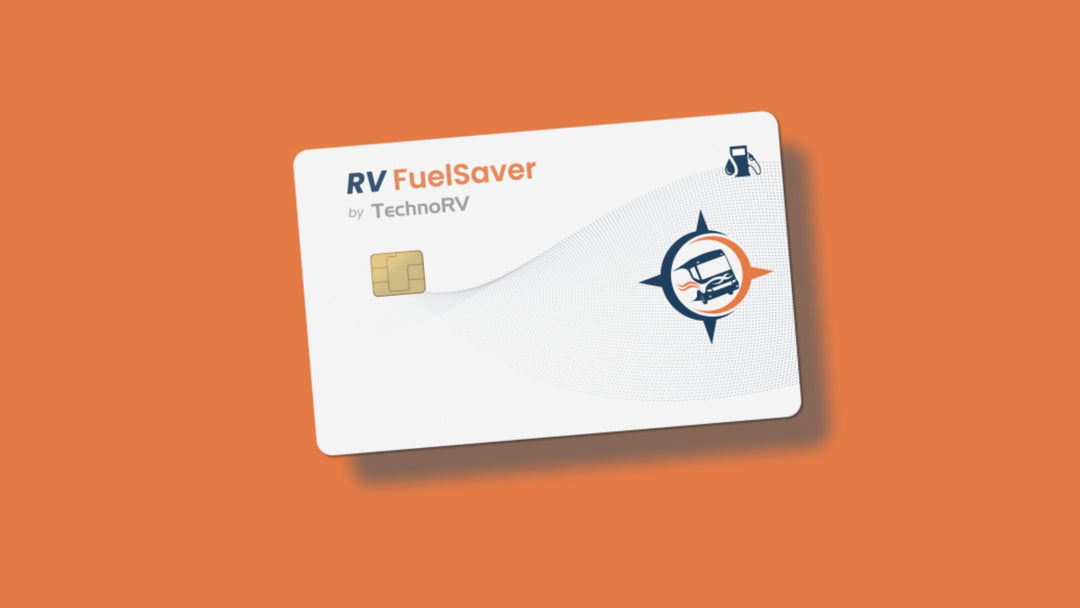
Leave a comment